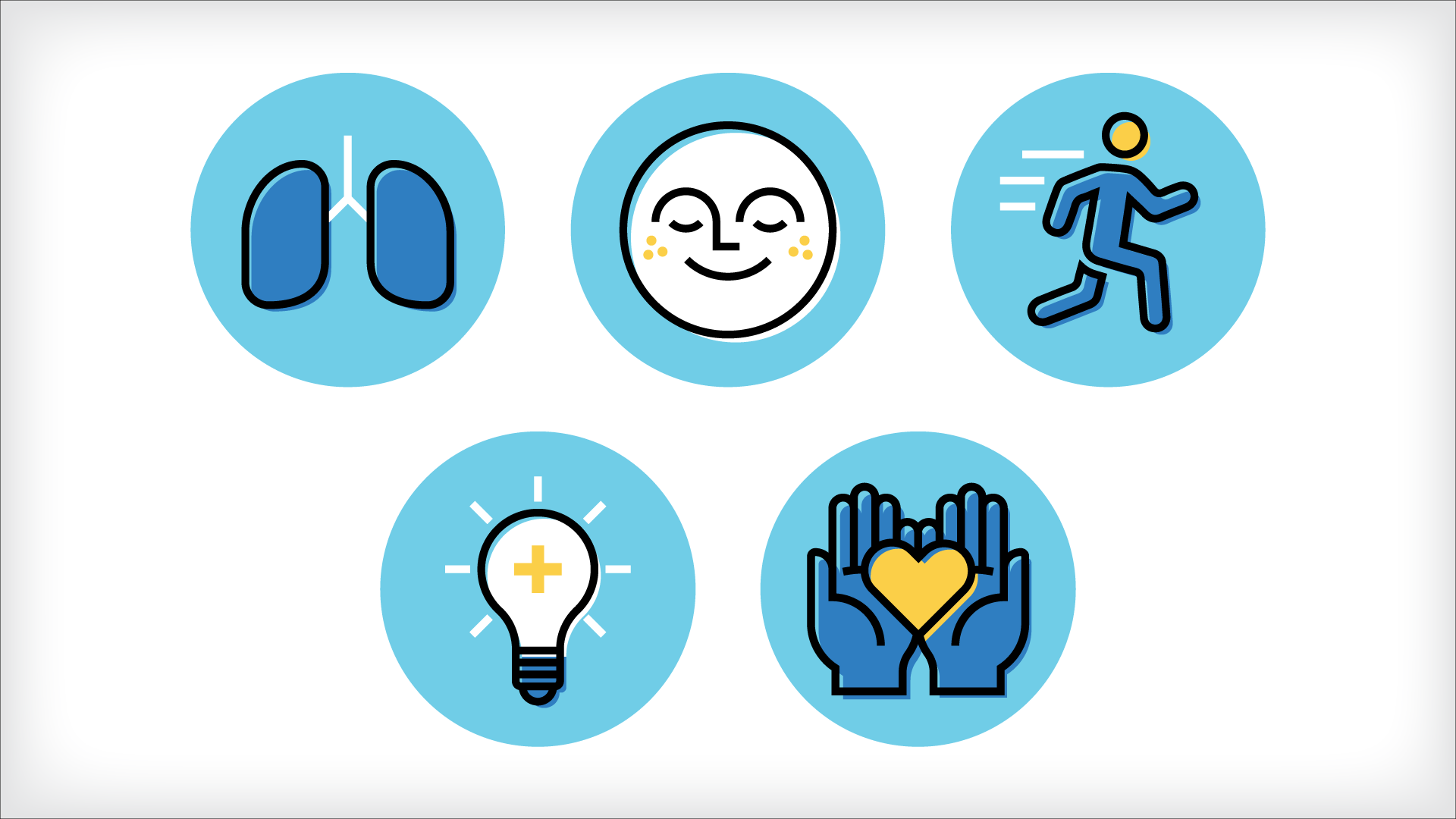Your daily habits play a pivotal role in determining your overall well-being. From diet and exercise to sleep and stress management, lifestyle choices significantly influence your risk of developing common health issues such as diabetes, heart disease, obesity, and mental health disorders. Small, consistent actions can either bolster your health or quietly contribute to potential problems. Understanding the connection between lifestyle factors and health outcomes can empower you to make informed decisions for a healthier future.
In this comprehensive guide, we’ll examine how specific behaviors affect your body and mind while offering practical tips to reduce your risk of preventable illnesses.
The Role of Lifestyle in Health
Diet and Nutrition
What you consume is foundational to your health. Diets high in processed foods, sugars, and unhealthy fats increase the risk of obesity, cardiovascular disease, and type 2 diabetes. On the other hand, a diet rich in whole foods such as fruits, vegetables, lean proteins, and healthy fats supports optimal body function and reduces inflammation.

Eating habits can also affect gut health, which is crucial for immunity. Poor gut health has been linked to conditions like irritable bowel syndrome and even mental health issues. A balanced diet ensures your body gets the nutrients it needs to maintain energy levels, regulate hormones, and repair tissues.
Physical Activity
Exercise is more than just a tool for weight management—it’s essential for reducing the risk of many chronic diseases. Regular physical activity improves cardiovascular health, strengthens bones, and enhances mental well-being. A sedentary lifestyle, by contrast, is associated with higher risks of conditions such as hypertension, osteoporosis, and depression.

The Centers for Disease Control and Prevention (CDC) recommends at least 150 minutes of moderate-intensity aerobic activity per week. Incorporating movement into your daily routine, whether through brisk walking, yoga, or strength training, can have a profound impact on your health.
The Link Between Lifestyle and Chronic Conditions
Stress Management
Chronic stress is a silent contributor to many health problems, including high blood pressure, weakened immunity, and mental health disorders like anxiety and depression. Unmanaged stress can lead to unhealthy coping mechanisms such as overeating, smoking, or excessive alcohol consumption, further exacerbating health risks.

Adopting stress-relief practices such as meditation, deep breathing, or spending time in nature can help reduce its impact on your body. Prioritizing mental health is as important as caring for your physical body.
Sleep Habits
Quality sleep is often overlooked but plays a crucial role in overall health. Insufficient or poor-quality sleep disrupts hormonal balance, affects cognitive function, and increases the risk of conditions like obesity, diabetes, and heart disease.
Adults should aim for 7-9 hours of uninterrupted sleep each night. Establishing a consistent bedtime routine, limiting screen time before bed, and creating a relaxing sleep environment can improve the quality of rest.
Substance Use

Smoking, excessive alcohol consumption, and drug abuse significantly heighten the risk of various illnesses, including lung cancer, liver disease, and cardiovascular problems. Reducing or eliminating these habits can dramatically improve long-term health. Seeking professional support or joining support groups can aid in overcoming addictive behaviors.
How Small Changes Yield Big Results
Building Healthier Routines
Incorporating healthy habits doesn’t have to be overwhelming. Start with manageable goals, such as adding one serving of vegetables to your meals or taking a 10-minute walk after lunch. Over time, these small adjustments accumulate into significant health benefits.
Consistency is key. Adopting routines that align with your goals ensures sustainable progress and minimizes the likelihood of reverting to unhealthy patterns.
The Importance of Prevention
Many lifestyle-related diseases are preventable. Regular health screenings, staying up-to-date with vaccinations, and practicing good hygiene further protect against avoidable illnesses. Prevention is always more effective and less costly than treatment.

Making conscious choices today not only reduces the risk of chronic diseases but also enhances the quality of life as you age.
Why Lifestyle Matters
Adopting a healthy lifestyle impacts more than just physical health—it influences mental well-being, productivity, and even relationships. By understanding how daily decisions affect your risk for common health issues, you can create a balanced, fulfilling life.
Small steps taken consistently pave the way for lifelong benefits. Whether it’s swapping processed snacks for fresh produce, incorporating exercise into your routine, or prioritizing self-care, every choice matters.
Share Your Journey
How have lifestyle changes improved your health? We’d love to hear your stories and tips in the comments below. For more expert advice on wellness and actionable strategies, explore our website and subscribe to our newsletter. Join us on the path to healthier living and inspire others to do the same!

Leave a Reply